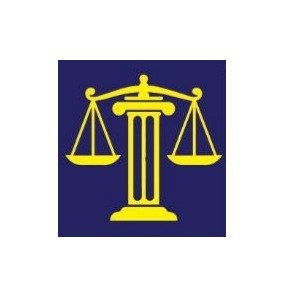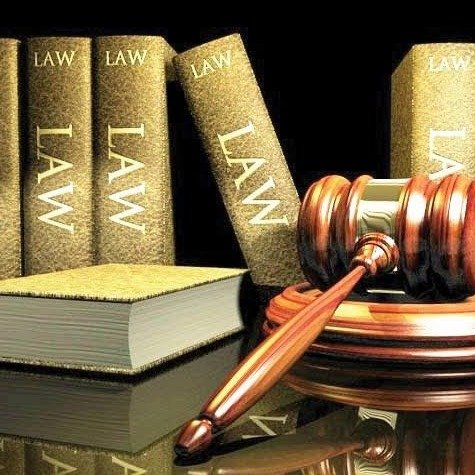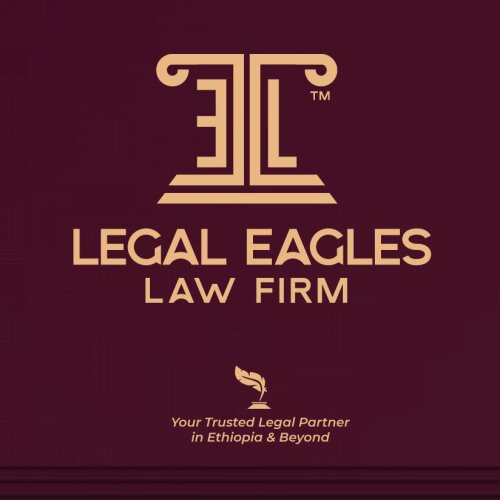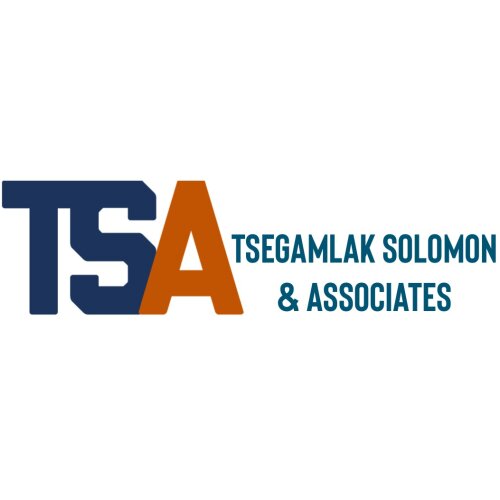Best Lawyers in Ethiopia
Share your needs with us, get contacted by law firms.
Free. Takes 2 min.
Or refine your search by selecting a city:
List of the best lawyers in Ethiopia
About Hiring a Lawyer in Ethiopia
Hiring a lawyer in Ethiopia typically involves a straightforward process, but it is essential to navigate it carefully to ensure you select a qualified professional to address your needs. The Ethiopian legal system recognizes a variety of legal practitioners, including advocates, legal consultants, and notaries. Most lawyers in Ethiopia have their names listed in regional bar associations, which is a good starting point for verifying their credentials. When hiring a lawyer, consider their specialization, experience, and reputation within the legal community. Personal recommendations and consultations can also help in making an informed choice.
Why You May Need a Lawyer
There are numerous situations where legal assistance could be beneficial or necessary in Ethiopia. Common scenarios include:
- Business Transactions: Whether setting up a business, drafting contracts, or handling mergers, a lawyer ensures legal compliance and safeguards your interests.
- Property Disputes: Ethiopian real estate laws can be complex, and legal advice is often necessary for transactions, leases, or resolving disputes.
- Family Issues: Matters such as divorce, child custody, and estate planning often require legal intervention to ensure fair and just outcomes.
- Criminal Charges: Those facing criminal charges need a defense lawyer to navigate the criminal justice system effectively.
- Civil Litigation: Lawyers can represent clients in various disputes, including debts, breaches of contract, and tort claims.
- Immigration and Labor Laws: For companies employing foreign nationals or individuals dealing with work permits, legal advice is crucial.
Local Laws Overview
The Ethiopian legal framework is based on civil law, primarily derived from the 1957 Civil Code and subsequent amendments. Key aspects include:
- Family Law: This covers marriage, divorce, and inheritance, emphasizing community property rights and equitable distribution upon divorce.
- Contract Law: Contracts are highly regulated, requiring clear terms and conditions for enforceability, with specific provisions for breach and remedies.
- Commercial Law: It governs business transactions, company formation, insolvency, and includes provisions for banking and finance.
- Criminal Law: Defined in the Penal Code, it addresses offenses, penalties, and procedures, emphasizing rehabilitation and correction.
- Property Law: Deals with ownership, tenancy, use, and transfer of land, prioritizing agricultural use in line with national economic policies.
Frequently Asked Questions
What qualifications should a lawyer in Ethiopia have?
Lawyers in Ethiopia must generally hold a Bachelor of Laws (LL.B) degree and be licensed by the regional bar association. Continuous legal education and specialization are advantages.
How can I verify a lawyer's credentials?
Check the lawyer's registration with the regional bar association and request references or testimonials from previous clients if available.
How are legal fees structured in Ethiopia?
Fees can vary greatly depending on the complexity of the case and the lawyer's experience. Some lawyers charge hourly rates, while others may offer fixed fees or contingency arrangements for certain cases.
Can I get free legal advice?
Pro bono legal services are available through some organizations and governmental bodies, although access may be limited based on income levels or the nature of the case.
Is it common to negotiate legal fees?
Yes, negotiating fees with your lawyer is common, but it should be done upfront to avoid misunderstandings later.
How long does legal proceedings take in Ethiopia?
The duration varies depending on the case type and complexity. Civil cases, particularly those involving disputes over land or business transactions, can take several months to years.
What languages are legal services provided in?
Amharic is the official language used in legal proceedings, but many lawyers also provide services in English, especially for international clients.
Can foreigners hire Ethiopian lawyers?
Yes, foreigners can hire lawyers in Ethiopia and are advised to engage those familiar with international law and cross-border transactions.
What is the role of notaries in Ethiopia?
Notaries in Ethiopia authenticate documents, manage estates, and handle certain official certifications, playing a crucial role in real estate and family law matters.
Are out-of-court settlements common in Ethiopia?
Yes, out-of-court settlements are encouraged to expedite dispute resolution, save costs, and minimize court congestion.
Additional Resources
For those seeking legal advice, the following resources may be valuable:
- The Federal Attorney General of Ethiopia provides information on legal rights and obligations.
- The Ethiopian Lawyers Association is a professional body for lawyers and can assist in finding qualified legal professionals.
- Consult local bar associations for lists of certified lawyers.
- The Legal Services Facility provides support for accessing legal services, particularly for vulnerable populations.
Next Steps
If you need legal assistance in Ethiopia, consider taking the following steps:
- Define your legal needs clearly to communicate them effectively to potential lawyers.
- Research and shortlist lawyers or law firms based on their expertise and your specific requirements.
- Schedule consultations to discuss your case and evaluate the lawyer's approach and compatibility with your expectations.
- Review and sign a representation agreement detailing the scope of work, fees, and any other pertinent terms.
- Maintain clear and consistent communication with your lawyer throughout your case.
By following these steps, you can significantly enhance your chances of successful legal representation and resolution in Ethiopia.
Lawzana helps you find the best lawyers and law firms in Ethiopia through a curated and pre-screened list of qualified legal professionals. Our platform offers rankings and detailed profiles of attorneys and law firms, allowing you to compare based on practice areas, experience, and client feedback.
Each profile includes a description of the firm's areas of practice, client reviews, team members and partners, year of establishment, spoken languages, office locations, contact information, social media presence, and any published articles or resources. Most firms on our platform speak English and are experienced in both local and international legal matters.
Get a quote from top-rated law firms in Ethiopia — quickly, securely, and without unnecessary hassle.
Disclaimer:
The information provided on this page is for general informational purposes only and does not constitute legal advice. While we strive to ensure the accuracy and relevance of the content, legal information may change over time, and interpretations of the law can vary. You should always consult with a qualified legal professional for advice specific to your situation.
We disclaim all liability for actions taken or not taken based on the content of this page. If you believe any information is incorrect or outdated, please contact us, and we will review and update it where appropriate.
Refine your search by selecting a practice area.
Accidents & Injuries
Banking & Finance
Bankruptcy & Debt
Business
Civil & Human Rights
Consumer Rights
Corporate & Commercial
Criminal Defense
Employment & Labor
Energy, Environment & ESG
Family
Immigration
Insurance
Intellectual Property
Lawsuits & Disputes
Media, Technology and Telecoms
Notary Services
Private Client
Real Estate
Browse law firms by city in Ethiopia
Refine your search by selecting a city.




































